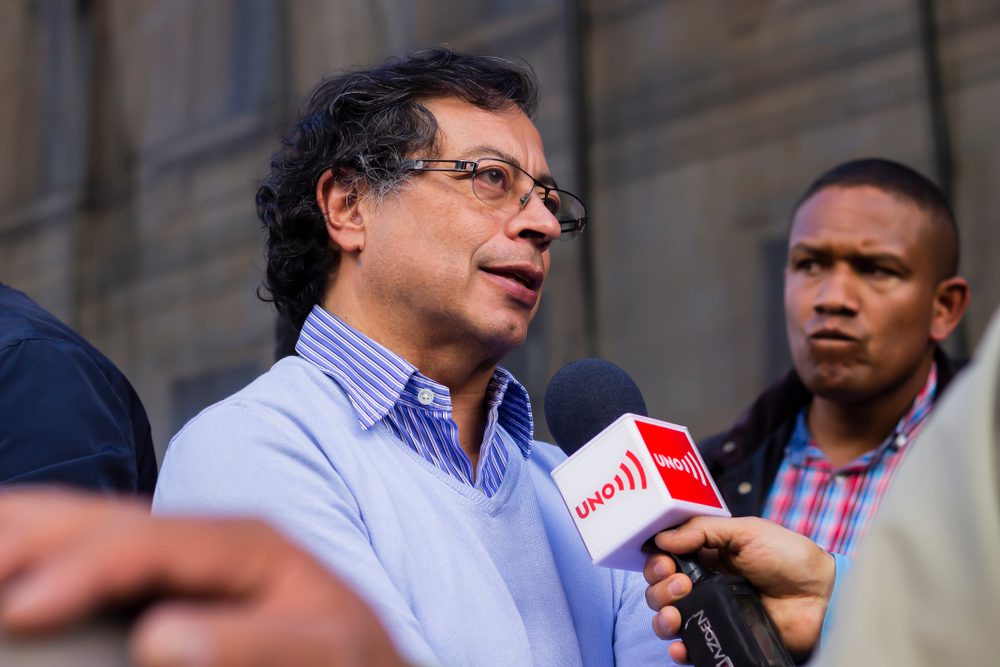Gustavo Petro has emerged victorious from Colombia’s final round of voting.
Petro is a one-time member of the M-19 guerrilla group, after which he served as congressman and became the mayor of Bogotá. Now, he has won the presidency campaigning on a leftist platform that, to some degree, straddles two worlds.
On the one hand, he may be interpreted as building on the successes of the so-called pink tide headed by figures like Hugo Chavez. On the other, the brand of leftism represented by Petro, or Gabriel Boric in Chile, represents a break with respect to their predecessors, achieving greater conformity to the European and U.S. Left on issues like gay marriage, abortion, and ‘green’ industries.
In the Latin American theatre, we might describe these, respectively, as a Russian-backed and US-establishment-backed species of left-wing politics, although these categories are unstable. In Spain, Podemos has managed to fit the same niche, receiving accolades from Russia Today and support from Iran, while being thoroughly ‘woke’ on everything from gay marriage to abortion and migration policy.
(I explored the contradictions between these two Lefts, ambiguous spaces between them, and their geopolitical function in my essay Ibero-America, Russia, and a World in Flux: Reflections on the Madrid Forum.)
His alignment with what we might describe as American and European postmodernity has led some to see Petro as manifesting that ideological trajectory of which George Soros is often seen as the patriarch. For his part, however, Petro has tweeted that he considers Soros a capitalist speculator.
The Colombian President’s policies emphasize environmentalism, feminism, and Afro-Colombian issues. Concerning Petro’s relationship to the pink tide, we should note that the rhetoric used by Chavez and his successor Maduro has always featured themes of women’s liberation and the idea of pushing back against (white) racism. However, Petro’s support for gay marriage and ‘green’ industry do represent an innovation with respect to pink tide politics. Indeed, former Brazilian and Ecuadorian presidents Lula and Correa were not well disposed towards environmental movements. The issue of abortion, which Chavez never legalized, also separates leftists, with Colombia recently approving abortion in pregnancies up to six months (albeit Petro himself has been ambivalent on the matter).
In any case, Petro’s victory will likely consolidate something of a leftist bloc in Latin America, including figures like Mexican President López Obrador.
It now remains to be seen how stable such a bloc will be, and what geopolitical force it will exert.






